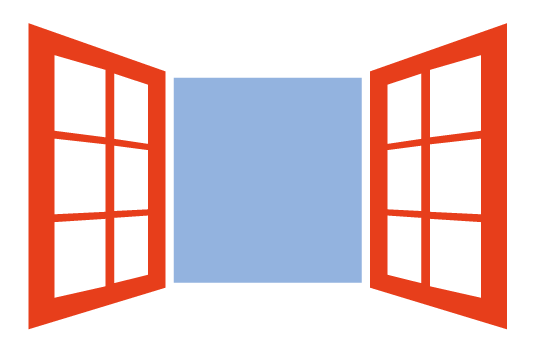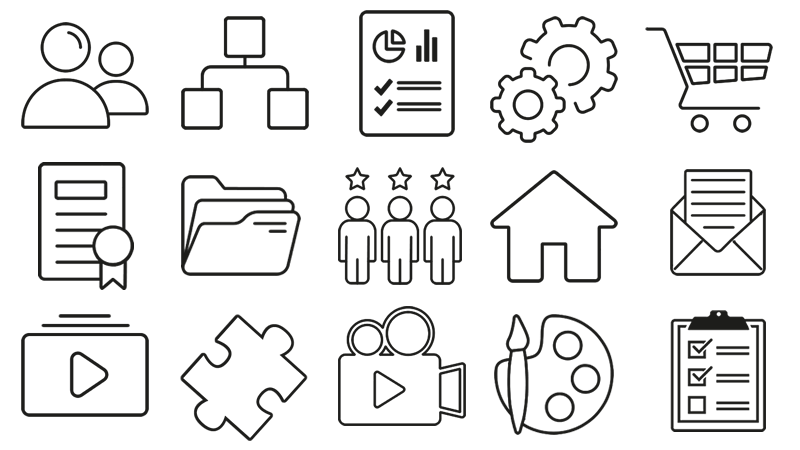Why "Forma"?
The italian word "FORMA" means "shape", it is the beginning of "Formazione" (the italian for "training") and the end of "piattaforma" (italian for "platform"), and is also part of "Informazione" (information) and "Performance". The name suggests the product ability to adapt to different organizational contexts. It recalls the italian origins of the project, sounds meaningful in english, and has the same meanings also in spanish, mantaining almost the same pronounce in most languages. Simple but efffective, the name was choosen after a research and a survey involving over 50 people, including clients, elearning and HR consultants, managers, trainers, coaches, developers, and designers.
The Logo
Emotional and non-technical, the organic hand in the logo wants to focus out that knowledge comes from human interaction and that technology is just a tool and a medium.
The hand is the main tool for us to know and understand the world. The hand-print is the first shape ("forma") a baby learns to draw, the first message left by our preistorical parents in the caves. At the same time, the hand recalls the concepts of usability and accessibility.
FORMA is the natural evolution, or if you prefer a "fork", of the last open source version of the LMS platform Docebo.
The Big Bang
The program was originally developed by Docebo Srl and released under a GPL V. 2.0 license with no licensing costs. Since February 2012 Docebo switched his business model to a commercial cloud distribution, pointing to a different market sector. The original open source version and its community were left abandoned, and so hundreds of companies that adopted this software all over the world.
The "new community for old docebo users"
Having several years of experience on this software with many clients, and several clients using Docebo Open Source, the Elearnit team decided to open a new community to collect the experiences of other docebo users and try to keep the project alive. The "new community for old docebo users" was immediately reactive and partecipative, many users began sharing fixes and new features: by the following year, the community counted almost 300 active users and over 2.000 post, with tens of new modules, patches and bugfixes shared for free.
A new beginning
A group of partner companies worked hard to create a new identity and a new developement workflow for the software, and by October 2013 managed to release a new version of the original platform, including a new template and more than 70 changes in new functionalities and bugfixes, coming both from the community and from the partners experience: FORMA LMS was born!
A challenging future
Will this wild bunch of braves manage to keep this project alive, and to make it grow? Maybe not. Or maybe we will find a way make companies, consultants, developers and simple users to collaborate in some innovative way we couldn't even imagine at the beginning of the story, and this would be a incredible success, greater than any software improvement: because the real challenge is not about technology, is about people.





